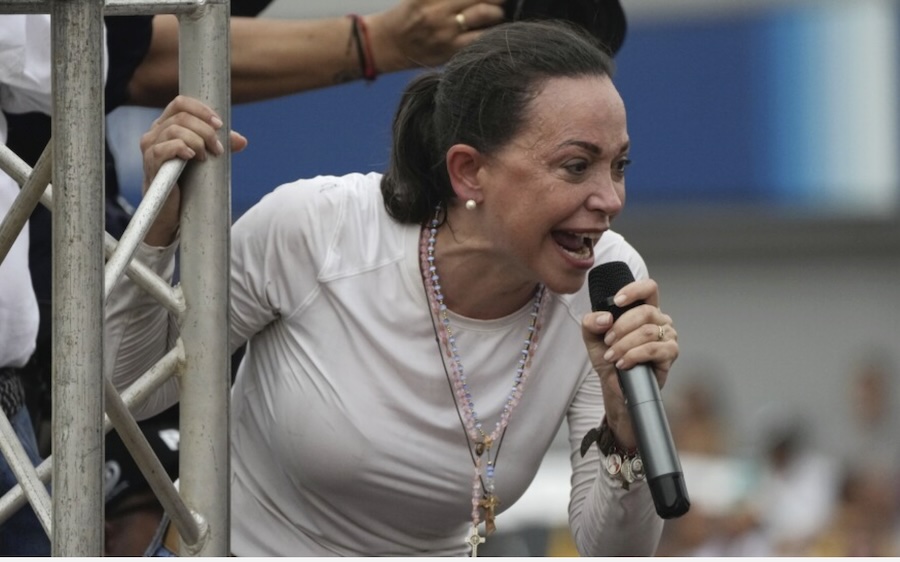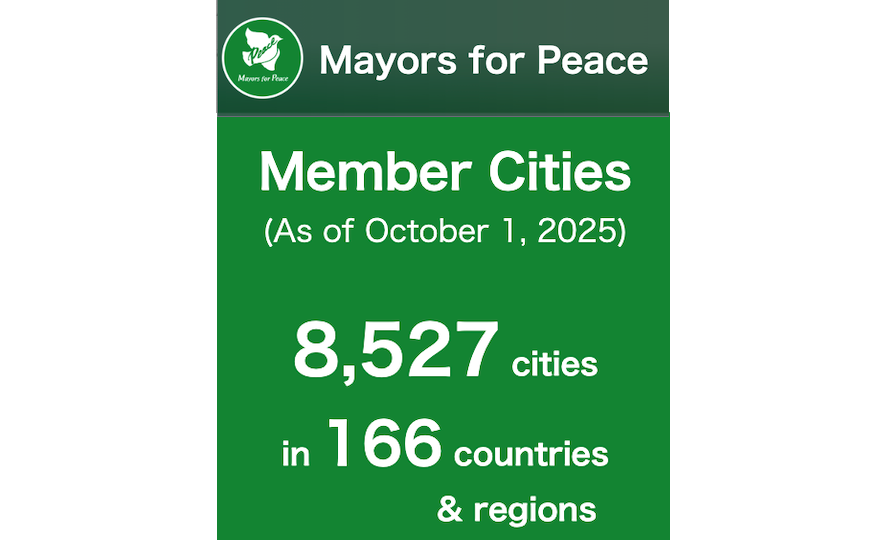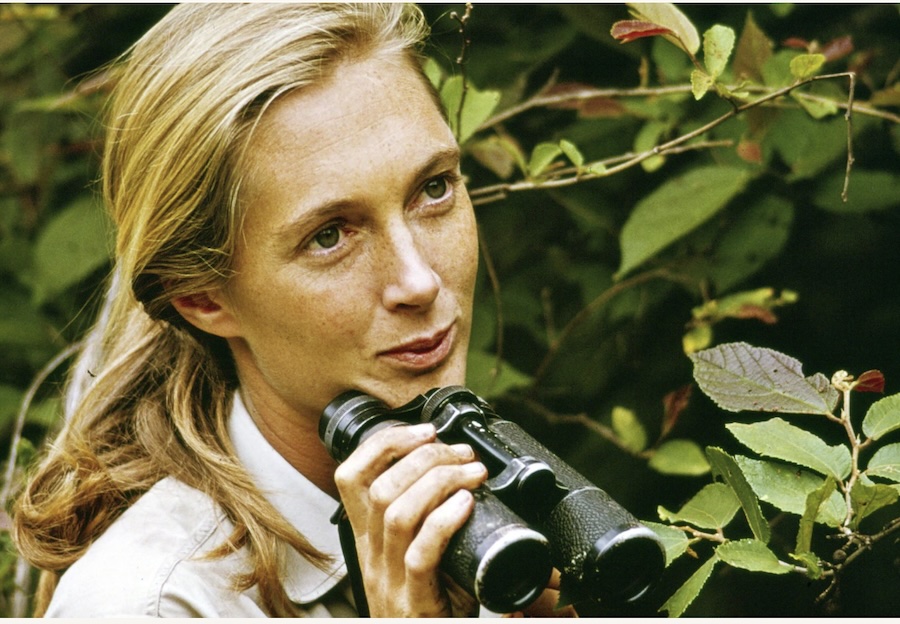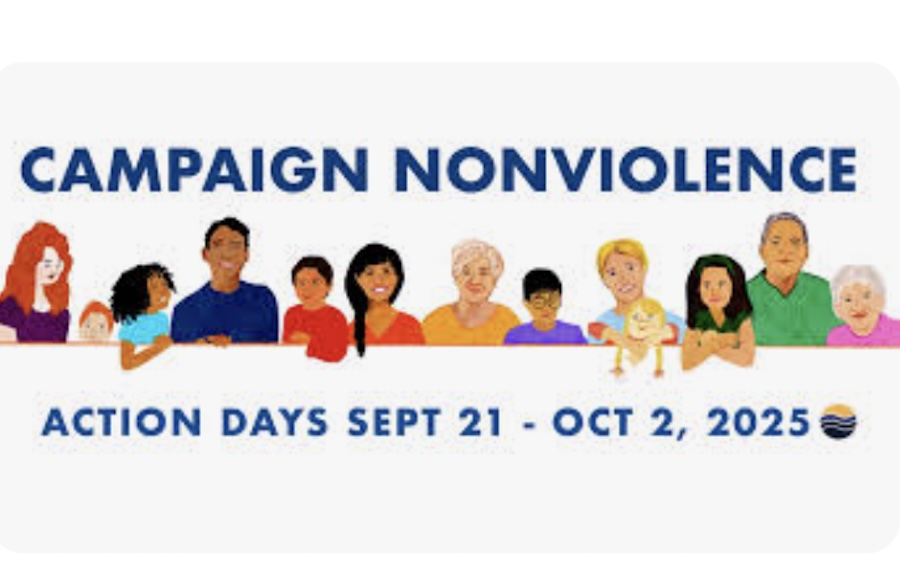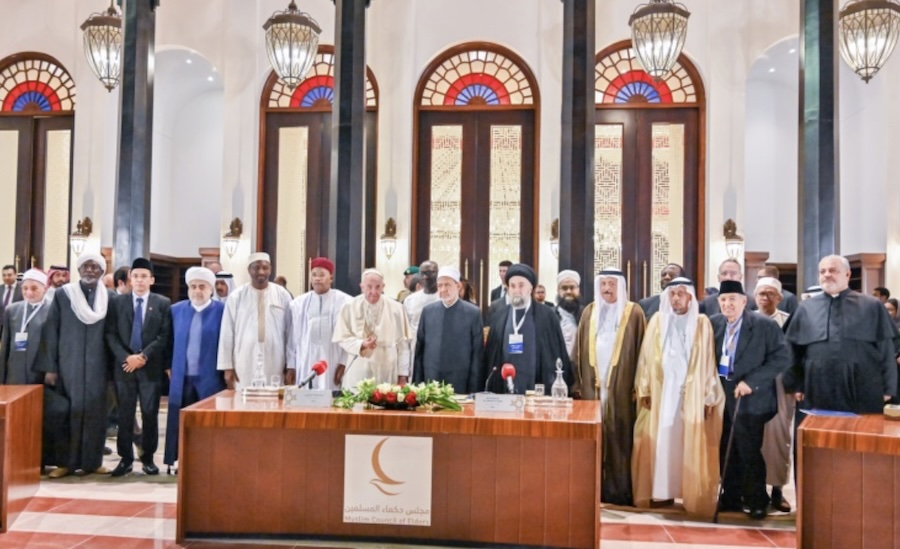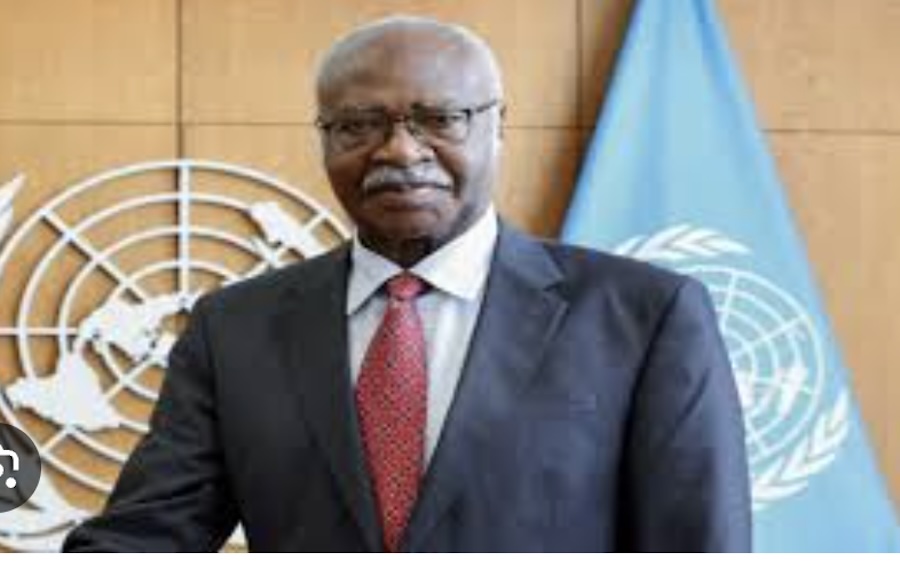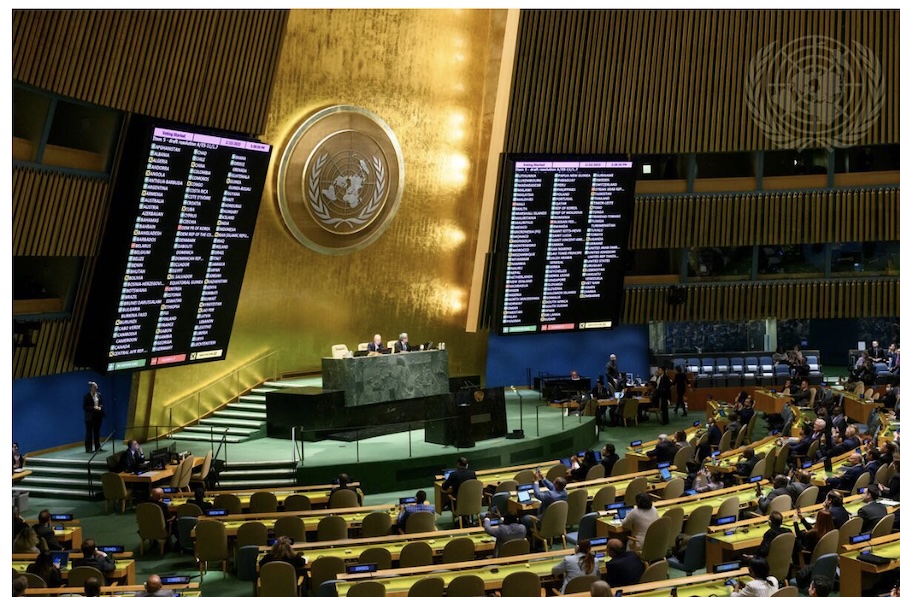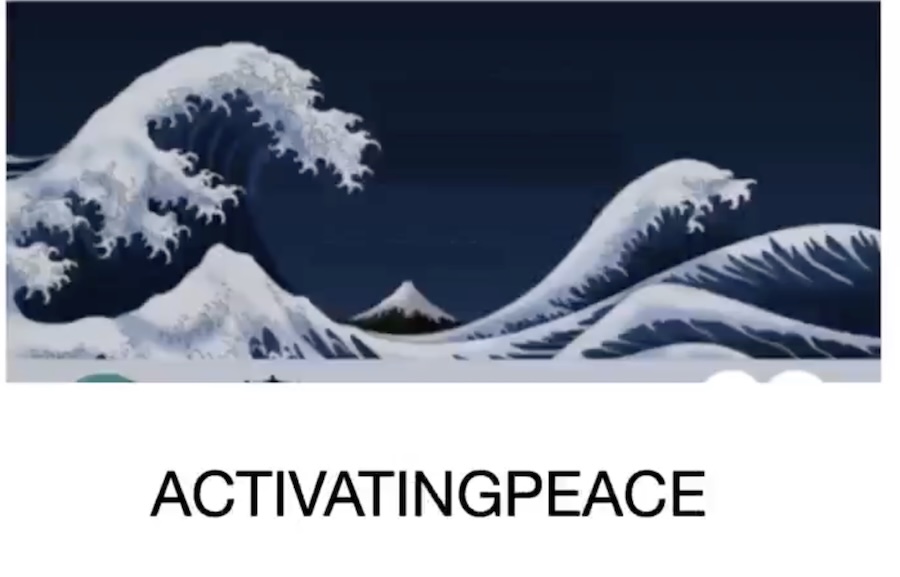. . SUSTAINABLE DEVELOPMENT . .
An article by Ecehan Balta in Internationalist Standpoint
From 6–14 September 2025, the 3rd 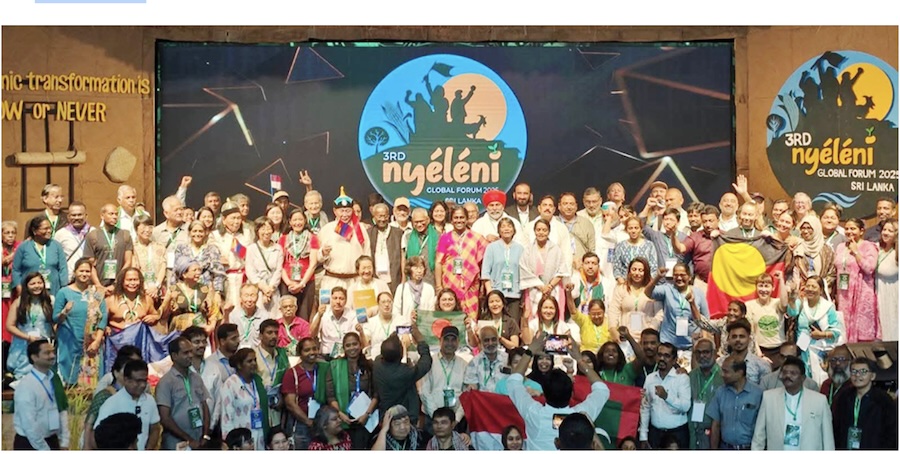
Historical Continuity: From 2007 to 2015 and 2025
The 2007 Nyéléni Forum in Mali marked the global proclamation of food sovereignty. The declaration adopted there emphasized the right of peoples to define their own food and agricultural systems, the collective control over seeds, land, and water, the recognition of women’s roles, and resistance to market-based food aid (Nyéléni Declaration, 2007/2008).
The 2015 forum in Derio, Basque Country, expanded food sovereignty beyond rural production, integrating the experiences of urban consumers, migrant workers, and climate movements. Agroecology was broadened by the practices of cooperatives, short food chains, and climate justice. Strong feminist perspectives also came to the fore.
The 2025 forum in Kandy, Sri Lanka, inherited these foundations but introduced new dimensions: the global debt crisis, debates on energy democracy, the centrality of care work and social reproduction, and the Palestinian question. Food sovereignty was thus redefined not as a sectoral issue limited to agriculture, but as an anticapitalist program for social transformation.
Regional Assemblies: Building a Shared Agenda
The political horizon of Kandy was shaped by two years of preparatory regional meetings.
° Asia and Pacific: The statement “Asia at a Turning Point” highlighted how debt crises and climate disasters were destroying people’s food systems across the region. The choice of Sri Lanka as host was deeply symbolic.
* Africa: Land grabbing, drought, and hunger were framed as a combined crisis. Food sovereignty was articulated as the continuation of postcolonial struggles for independence.
°,Latin America and the Caribbean: Land occupations by the MST, indigenous rights, and agroecological practices were highlighted, while the “rights of Pachamama” entered constitutional debates.
° Europe and Central Asia: Farmers’ uprisings, the exploitation of migrant labor, and climate justice were central themes, alongside debates on cooperatives and solidarity economies.
° Near East and North Africa (NENA): Palestine was placed at the center. The use of food as a weapon of war, the blockade, and the destruction of agriculture under occupation were foregrounded.
° North America: Indigenous struggles for land, the exploitation of migrant workers, and food justice movements became the focus.
These different emphases converged in Kandy, laying the groundwork for a common front of systemic transformation.
Food Sovereignty: Agroecology, Commons and Social Reproduction
Food sovereignty is not merely a policy to eradicate hunger or ensure access to food. It must be distinguished from food security, which focuses on the availability and affordability of food in the market. Food sovereignty, by contrast, places at its center the right of peoples to define their own food systems, safeguard their cultural practices, and sustain their ways of life. Thus, it is not only about combating hunger but also about sovereignty, self-management, and collective control over the means of life.
Within this framework, agroecology emerges as the concrete foundation of food sovereignty. Agroecology preserves biodiversity, sustains local knowledge systems, avoids chemical dependency, and prioritizes solidarity. Small-scale farmers, coastal fishers, nomadic pastoralists, and especially women producers stand at its core. In the forum, agroecology was defined not as a mere technical practice but as a way for peoples to reproduce life against capitalism—a form of ecological, social, and cultural resistance.
One of the strongest conceptual contributions of Nyéléni 2025 was the Food as a Commons perspective. This approach redefines food not as a commodity but as a shared resource managed by collective will. Seed banks, community-supported agriculture, producer and consumer cooperatives, and solidarity finance mechanisms embody this approach. Commoning practices articulate collective control over the production, distribution, and reproduction of food.
Food sovereignty finds its true meaning when combined with the solidarity economy. As debated in the forum, solidarity economy initiatives—cooperatives, short supply chains, local markets, and community-based finance models—enable people to build their own food systems independently of market and state impositions. Food sovereignty is therefore not merely an agricultural model but also the assertion of people’s right to reconstruct their economic relations.
With the strong input of feminist movements, food sovereignty was also framed as a question of social reproduction. The invisible labor of women in kitchens, fields, and markets was recognized as the backbone of food systems. Without women’s unpaid labor, neither production, distribution, nor nutrition could be sustained in its current form. Food sovereignty thus became inseparable from the struggle to dismantle the patriarchal division of labor and achieve women’s emancipation. The forum redefined food sovereignty by integrating agroecology, commons, solidarity economy, and the feminist perspective of social reproduction.
Energy Sovereignty or Energy Democracy?
Another central debate concerned how to name struggles over energy.
The notion of “energy sovereignty” evokes the rhetoric of national sovereignty. While it is sometimes used to strengthen the hand of states against corporations, it also risks justifying authoritarian energy policies and fossil fuel dependency. Today, many governments promote mega-dams, nuclear plants, and fossil projects in the name of “sovereignty.”
“Energy democracy,” by contrast, centers on people’s control over energy production and distribution, direct participation in decision-making, and democratic planning. Energy cooperatives, municipal renewable investments, and community-based models are its concrete tools.
(Article continued in right column)
(Article continued from left column)
From the perspective of Nyéléni, the concept worth defending is energy democracy. It is based on participation and equality, respects ecological limits, centers the interests of workers, women, and local communities, and resists recolonization by breaking away from interstate power rivalries. For food, “sovereignty” is the right concept because it refers directly to the source of life; for energy, “democracy and planning” are more accurate, as energy is the infrastructure of life and only democratic planning can ensure a just transition.
For all this to be achievable, of course, energy production, distribution and all relevant sectors must be brought into public ownership.
Sri Lanka: The Debt Crisis and the Paradox of a “Socialist” Government
Sri Lanka was a symbolic host for the forum, as its recent history reflected the stakes of food sovereignty in stark terms. In 2022, the country suffered a massive economic collapse: foreign reserves dried up, food and fuel imports stalled, and millions took to the streets in unprecedented uprisings, forcing the government to resign. In the 2024 elections, the National People’s Power (NPP) coalition came to power. Led by Anura Kumara Dissanayake, the NPP was widely described in the international press as a “socialist government.”
Yet the new administration refused to cancel the agreements with the IMF. The restructuring program imposed by the IMF brought severe austerity measures that deeply affected daily life. Public spending was cut, agricultural and food subsidies were drastically reduced, and support for fertilizer and seeds was curtailed, pushing many small farmers out of production. Rising import prices further weakened local production, while the liberalization of energy prices increased production costs and limited poor households’ access to electricity and fuel.
As a result, dependence on imports grew. But with scarce foreign reserves, imported food prices fluctuated sharply, rendering basic staples inaccessible to many families. In the forum, Sri Lankan peasant movements emphasized that the IMF program was not only economically destructive but also devastating for food sovereignty, stripping communities of the capacity to sustain their own food systems and locking the country into external dependency.
The crisis extended beyond production into social reproduction. Cuts in public services—healthcare, education, social support—intensified the burden on women, who bore the brunt both through unpaid care work at home and as cheap labor in the market. Feminist delegates stressed how IMF-imposed policies reinforced patriarchal divisions of labor and exacerbated the invisible weight carried by women.
Sri Lanka thus became a powerful lesson at Nyéléni 2025. A government described as “socialist” aligning itself with the IMF underscored that food sovereignty cannot be achieved through agroecology and local practices alone, but requires direct confrontation with the global financial system and its local lackeys. Debt traps restrict governments from implementing pro-people policies, undermine local production, and deny people the possibility of building self-managed food systems. The Sri Lankan experience revealed food sovereignty to be, at its core, also an anti-debt and anti-neoliberal struggle.
Palestinian Solidarity: Food as a Weapon of War
Palestine was the strongest unifying theme of the forum. In Gaza, Israel’s systematic destruction of farmland, restrictions on fishing, control of water resources, and blockades on basic foods revealed how food itself had been turned into a weapon of war.
In Kandy, a march in solidarity with Palestine had been planned. Yet foreign delegates were barred from participating after, in the words of a member of the Sri Lankan organizing committee, “a call from the very top.” Despite this restriction and the tensions it created within the forum, Sri Lankans themselves carried out a strong and meaningful march, making solidarity visible in the streets.
This sharpened the political spirit of the forum. Palestinian solidarity demonstrated that food sovereignty is not merely an agricultural or policy question but part of a global, anti-colonial struggle.
Conclusion: A Shared?? Political Agenda for Systemic Transformation
Nyéléni 2025 powerfully asserted that reclaiming collective control over food and energy systems is essential not only to end hunger but also to build a new social order against the multiple crises of capitalism. One of the forum’s most significant contributions was to articulate food and energy as distinct yet interlinked spheres of struggle, each demanding the self-determination of peoples.
Yet despite this radical discourse, frequent references to United Nations frameworks—on sustainability, human rights, and climate—sparked a major debate. On the one hand, the UN, reduced almost to the level of an international NGO, was seen as incapable of producing genuine transformation. On the other, relying even at the level of advocacy on UN documents raised questions about the coherence of the forum’s political determination.
This tension had historical roots. The first Nyéléni forum and subsequent struggles paved the way for the adoption of the UN Declaration on the Rights of Peasants (UNDROP, 2018). Similarly, the long struggle of Indigenous peoples contributed to the adoption of the UN Declaration on the Rights of Indigenous Peoples (UNDRIP, 2007). These achievements fostered a sense of confidence—that popular forums could indeed influence global instruments. Yet Nyéléni 2025 also made visible the risk that such confidence may be misleading. For, while UNDROP and UNDRIP were products of people’s struggles, in practice states often ignored them, or they became tools for boosting the legitimacy of discredited capitalist fora without effecting real change.
Hence one of the critical questions raised was: Can a forum that claims an anticapitalist path legitimately reference institutions that are themselves pillars of capitalism and imperialism? For us, the answer lay in building alternatives from below with a prospect of systemic (socialist) change, rooted in mass self-organisation of the workers and the poor. Otherwise, this carries the risk of dulling the radical edge of food sovereignty and embedding it within the very system it seeks to overcome.
Nyéléni 2025 did not resolve all these contradictions but made them explicit. And perhaps this was its most important contribution: rather than concealing internal tensions, the forum laid them bare. The challenge moving forward is to determine whether the “global legitimacy” produced by the UN serves people’s struggles, or whether it ultimately undermines their independence.
As the main slogan of the forum declared:
Systemic Transformation: Now or Never.
– – – – – –
If you wish to make a comment on this article, you may write to coordinator@cpnn-world.org with the title “Comment on (name of article)” and we will put your comment on line. Because of the flood of spam, we have discontinued the direct application of comments.
